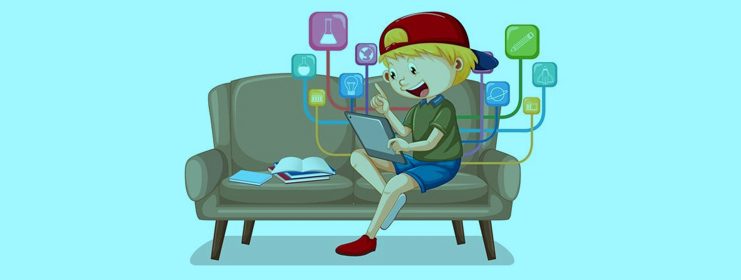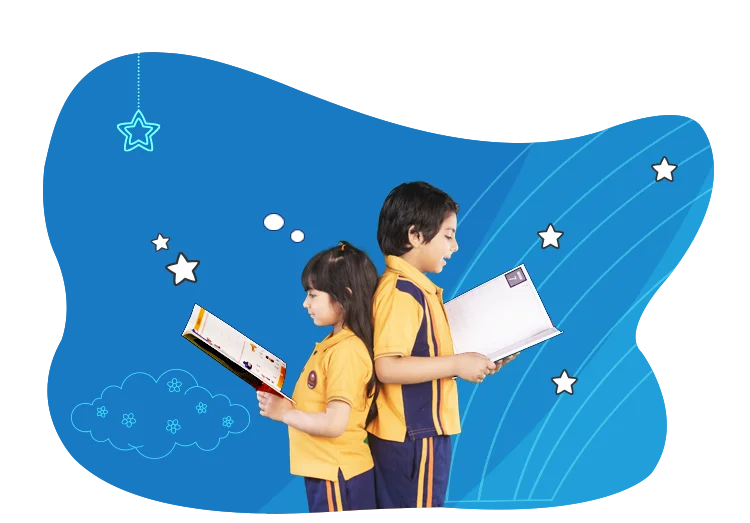Tips to Enhance the Learning Ways of Your Child

Every parent wants their kid to be active in learning and try different ways to make them better at it. With modern technology on top, it has become easier and effective for parents. But that doesn’t mean they don’t have to put any effort into making the learning experience better. There are several ways by which parents can inculcate learning habits and help the child in their cognitive development.
As we know the classroom is a dynamic environment, bringing together students from different backgrounds and personalities. An effective parent will want creative and innovative teaching strategies to implement in the classroom to meet students’ individual needs. This is the reason why parents select a preschool for their children during early childhood. But, at home, you can consider the following practices and try to make it a habit for your kid.
Visualization: If parents bring dull academic concepts to life with visual and practical learning experiences, it helps children in a much better way to understand how their schooling applies in the real world.
Using the interactive spaces at your home to display photos, audio clips, and videos can encourage children to get out of the boring learning experiments and give them refreshing ways to be better at learning.
Cooperative learning: To work together by promoting small group activities encourages children of mixed abilities. Through verbally expressing their ideas and responding to others your child will develop self-confidence, as well as enhance their communication and critical thinking skills which are vital throughout their life. Solving mathematical puzzles, conducting scientific experiments, and acting out short drama are some examples of how cooperative learning can be incorporated into their lessons. Nursery school techniques are common these days and parents adopt them at their homes as well. You can look for these activities at your child’s preschool at then replicate them at your home for better functioning and understanding.
Inquiry-based instruction: Encouraging children to ask questions and investigate their ideas helps improve their problem-solving skills as well as gain a deeper understanding of academic concepts. Both of which are important life skills.
Inquiries can be Science or Math-based such as ‘why does my shadow change its size?’ or ‘is the sum of two odd numbers always an even number? However, these questions can also be subjective and encourage children to express their unique views, like, ‘do poems always rhyme?’ or ‘why should all the students wear uniforms?’
Differentiation: Differentiate your parenting by distributing tasks based on your child’s abilities, to make sure no activity is left behind. Parents should organize activities for children according to their needs and never look for perfection in the performances. It would mean that other children with higher academic capabilities are taken into consideration. Every child should get the appropriate support no matter whether he is good at something or struggling in it. Overall, you should differentiate the tasks, not the children. Their abilities could be differentiated but they shouldn’t be. You can take examples from any preschool where there are children with different abilities but are treated the same.
Technology at your home: To include technology in your parenting methods is a great way to engage children, as digital media commonly surrounds young people in the 21st century.
Interactive tools can be used to display images and videos, which help children visualize academic concepts clearly. Learning becomes more interactive when technology is used as children can physically engage themselves during lessons as well as right away research their ideas, which develops autonomy. It is not a surprise that every school has inculcated the technology in their teaching methods and if you’ll use it at home as well, then the child would become more familiar with the process and would understand better.
Behavior management: An effective behavior management strategy is critical to gain your child’s respect and ensure students have an equal chance of reaching their full potential. Noisy, disturbing spaces do not encourage a productive learning environment, therefore developing an atmosphere of mutual respect through a combination of discipline and reward can be beneficial for both parents and the child.



